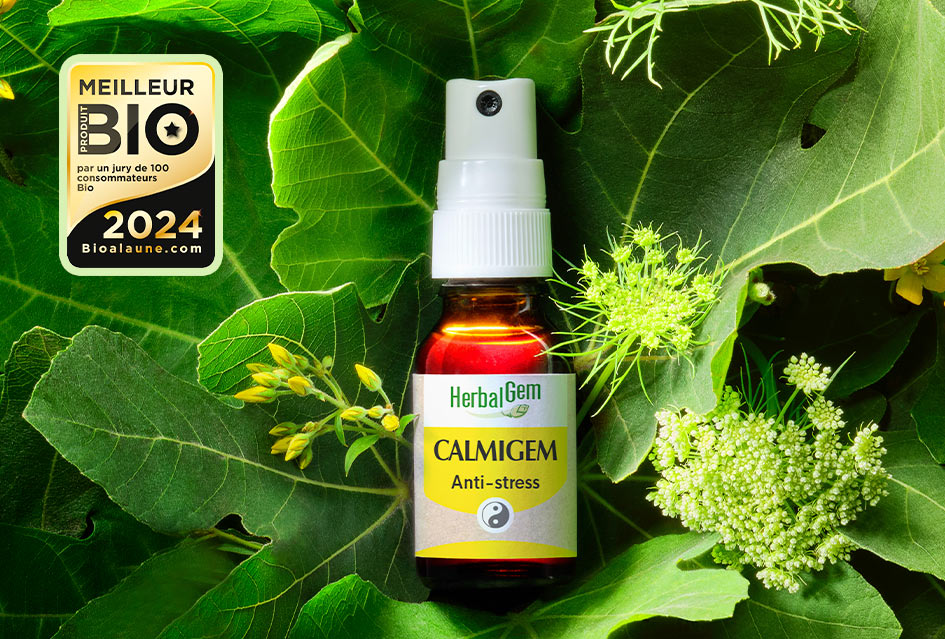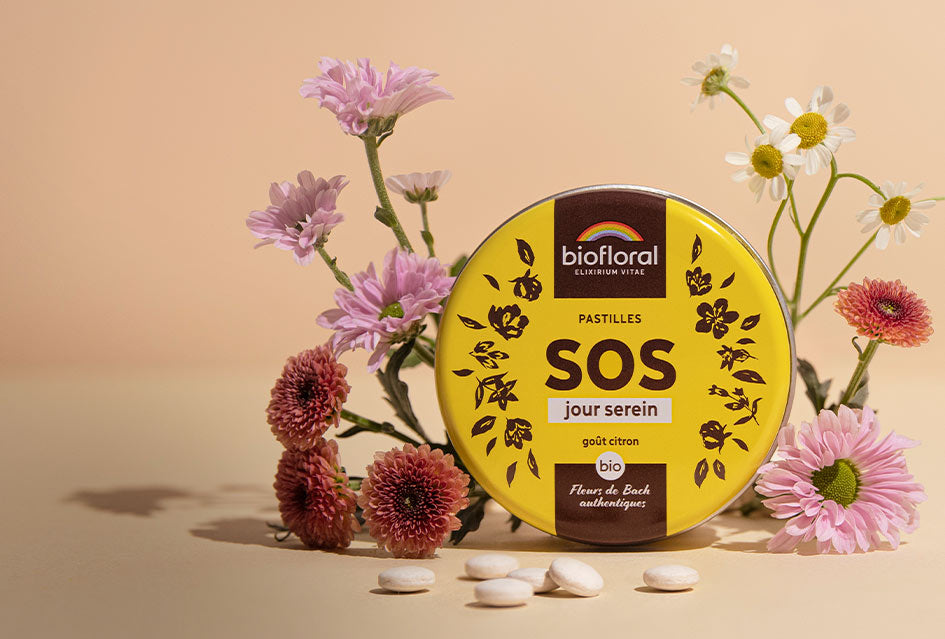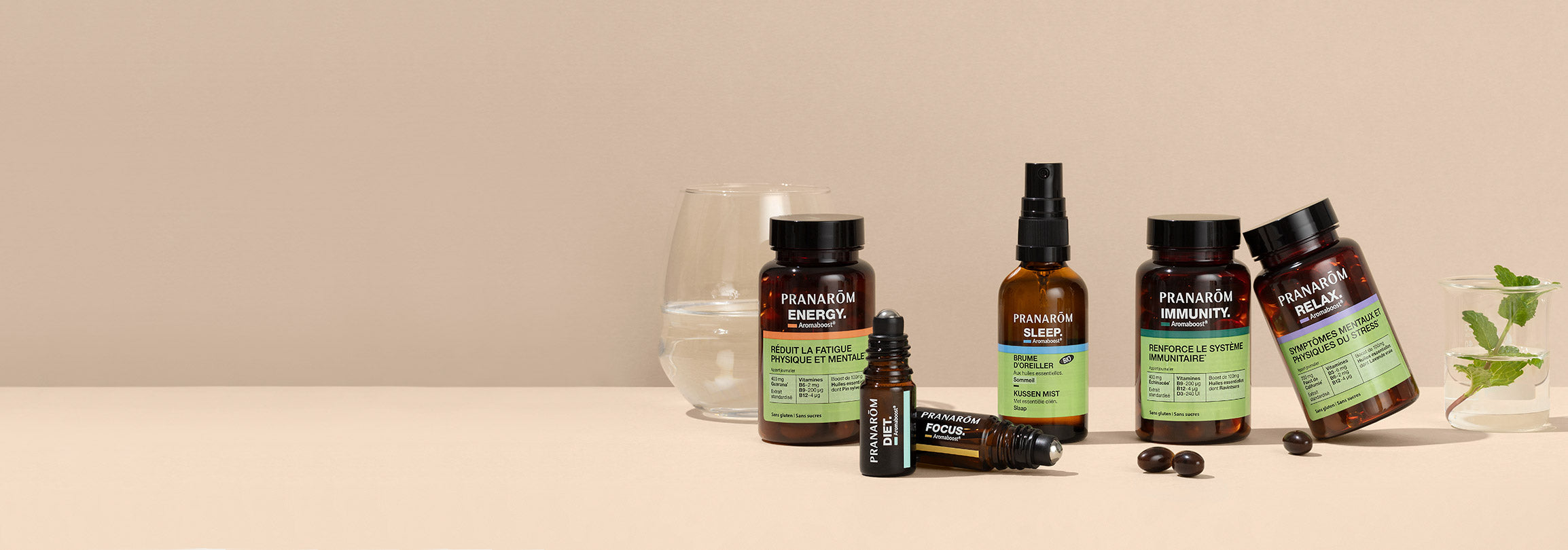Pranarôm is a Laboratory specializing in Essential Oils, but also adheres to the global values of natural health. Pranarôm therefore does not neglect the contribution of micro-algae. Indeed, our laboratory has always offered Chlorella and Spirulina tablets of impeccable quality.
But what is Chlorella?
Chlorella is a green algae that grows in fresh water. Its name comes from the Greek, “chloros” meaning green and “ella” meaning small. Its composition is very rich in essential nutrients: 1 tablet contains 69% protein! Here are some interesting points from the nutritional analysis (in RDA for 3 tablets): Vit 12: 195% Vit D: 56%! Vit A: 34% Vit K1: 23.7% Vit M (folic acid): 24.8% Iron 13%!!! Vit B2: 7.5% (Vit B1, B 3, B5, B6, C, E, calcium, copper, phosphorus, chromium, copper, potassium, zinc, chlorophyll: less than 3%) Iodine: 0%
What is the point of Chlorella?
This micro algae has a high nutritional value and is recommended to an impressive number of people. It is very well tolerated and even recommended for pregnant women and children! It has one main property that I find particularly interesting: it chelates heavy metals. Rather relevant in our polluted lives and in these times of crisis! Chlorella helps the body to release heavy metals that it accumulates in particular through food (e.g. mercury in fish, etc.).
What about its properties?
First of all, advice to athletes and students who eat an unbalanced diet: it is a very good source of proteins, vitamins and minerals!
- Nutrient intake: Chlorella contains 19 amino acids, all the major vitamins, all the classic minerals and enough beta-carotene and xanthophylls to make it a powerful antioxidant. It is the plant richest in chlorophyll (four times more than Spirulina, spinach and nettles). Good to know if you are vegetarian, it contains 60% vegetable protein, a good dose of vitamin B12, which vegetarians look for, and a high concentration of alpha linolenic acid, a short chain omega-3 fatty acid.
- Vitamin and mineral intake : In a dose of 3 grams there is as much vitamin C as in an orange, the recommended daily intake of lutein, a pigment that protects the eyes against the formation of cataracts, a good intake of iron, very bioavailable thanks to the natural presence of vitamin C and chlorophyll, which help its assimilation. Finally, lots of phosphorus, an essential mineral for calcium fixation.
- Benefits on the blood system and cholesterol: Chlorella tends to lower blood pressure and bad cholesterol. In an American study published in 2002, doctors gave chlorella to patients with low hypertension. Without medication, 25% of participants maintained correct blood pressure during the medication-free study. (Nutritional supplementation with Chlorella pyrenoidosa for mild to moderate hypertension, Merchant, RE, André, CA, Sica, DA. J. Med Food. 2002 Fall;5(3):141-52) .
Of course, this does not mean that you should stop your treatment without talking to a doctor.
- Benefits on the immune system : In 1966, in a study carried out on 1000 sailors, the consumption of 2 grams of chlorella per day reduced flus and colds by 37%. ( Effect of Chlorella on rate of catching cold of the 1966 training crew fleet. Japan Medical Science Meeting, Japan 1966).
In a Bulgarian study on bovine bronchopneumonia, 72% of animals that ate chlorella escaped the disease, while only 56 and 60% respectively were protected by two veterinary vaccines (Use of non-specific agents …in bronchopneumonia prevention, Terziev, Planski. Vet Med Nauki 1983;20(1):36.
Japanese researchers claim that this algae could reduce body fat percentage, blood sugar levels and help people with type 2 diabetes , obesity, cancer, or heart conditions. Some go so far as to say that supplementing with chlorella could boost energy and improve mood. Randall Merchant, professor of neurosurgery and anatomy at Virginia Commonwealth University, USA, does research on brain tumors, traumatic aftereffects of the brain, and heart attacks. It emerged from its clinical studies, among other things, that chlorella supplementation showed a significant reduction in blood cholesterol levels . It is suggested that this could significantly reduce blood pressure in hypertensive patients in 50% of cases. In 2008 the same Professor Merchant studied the effects of chlorella on patients with metabolic syndrome, a collection of symptoms that causes the body's cells to become less sensitive to insulin , and therefore a precursor to diabetes. The conclusion was that chlorella supplementation could be beneficial in preventing cellular desensitization to insulin. Or, very commonly, one could imagine that it could slow down or prevent the onset of type 2 diabetes.
Finally, the publication: "Antioxidant and anti-cataract effects of Chlorella on rats with streptozotocin-induced diabetes. J Nutr Sci Vitaminol (Tokyo) 2003" concludes that chlorella has anti-oxidant activity and could be beneficial for prevention complications in diabetics such as the appearance of cataracts. In this publication they also demonstrated that in mice supplementation with chlorella reduces the level of glycated hemoglobin and blood cholesterol.
Chlorella is therefore a food that makes you think and which is promising! Let's talk about it with our health professionals and above all use it wisely for a more balanced life.










